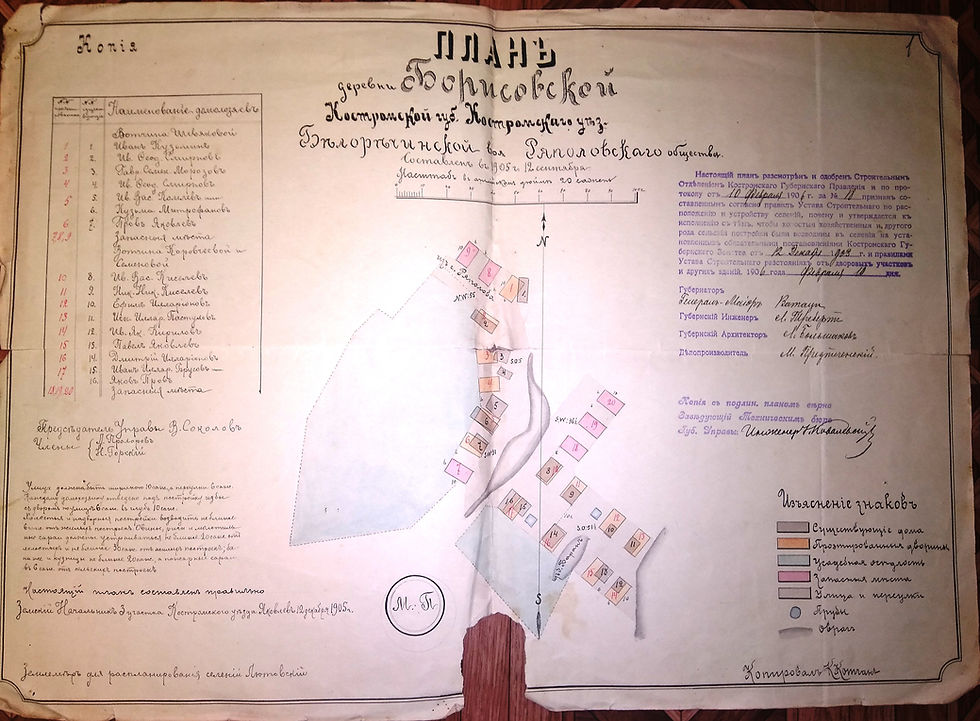Yes, automated translations can still be bad for website rankings
- Yelena McCafferty

- Jul 6, 2024
- 2 min read
Updated: Jul 7, 2024
Back in 2020 I wrote a blog post about Google warning website owners against using automated translations. Fast forward 4 years, and it seems technology news is about nothing but AI. When I attended this year’s Chartered Institute of Linguists conference in London, predictably a lot of it was centred around artificial intelligence too. As a matter of fact, I can think of a handful of clients who are actually involved in developing machine learning.
So what does Google now think about using AI for website translations?
In the June 2024 edition of Google’s SEO Office Hours series, a company representative responded to the question whether an auto translation of a website affects its ranking negatively. The answer is it does if the auto translation is of low quality, and the advice is to get a human translator to review and fix such translations. For many years Google’s mantra has been that website content has to be useful for it to rank well so translations have to be helpful, not confusing to the end user. “Ultimately, a good localisation is much more than just a translation of words and sentences, so I would definitely encourage you to go beyond the minimal bar, if you want users in other regions to cherish your site,” Google’s insider added.
I’ve recently tested online website translation tools to see how far they have progressed in the quality benchmark. I put the website of IKEA through Google Translate, and this is what it came up with in the Russian version:

Readers fluent in both English and Russian will spot that “outdoor living” was translated into Russian as... rough sleeping (with no fixed abode).
Next I tested how Microsoft Translator would convert the website of VkusVill, a popular Russian food retail chain, from Russian into English. VkusVill recently introduced delivery by a driverless vehicle, and one article even included a photo demonstrating it. Funnily enough, Microsoft Translator assumed that беспилотник would in this case be a drone (an unmanned aircraft), and not a driverless car.

What this little experiment seems to tell us is that no matter how each industry adapts to artificial intelligence, there will always be a requirement for accountability. In the translation industry this quality assurance can only come from a human translator. Many of us have been successfully using the advantages technologies have given us so the only way to carry on is to keep our heels, head and standards high!
[To talk to a human translator working from and into Russian, contact us by emailing enquiry@talkrussian.com or call 0207 0436940. We can recommend reliable colleagues for other languages.]


Comments